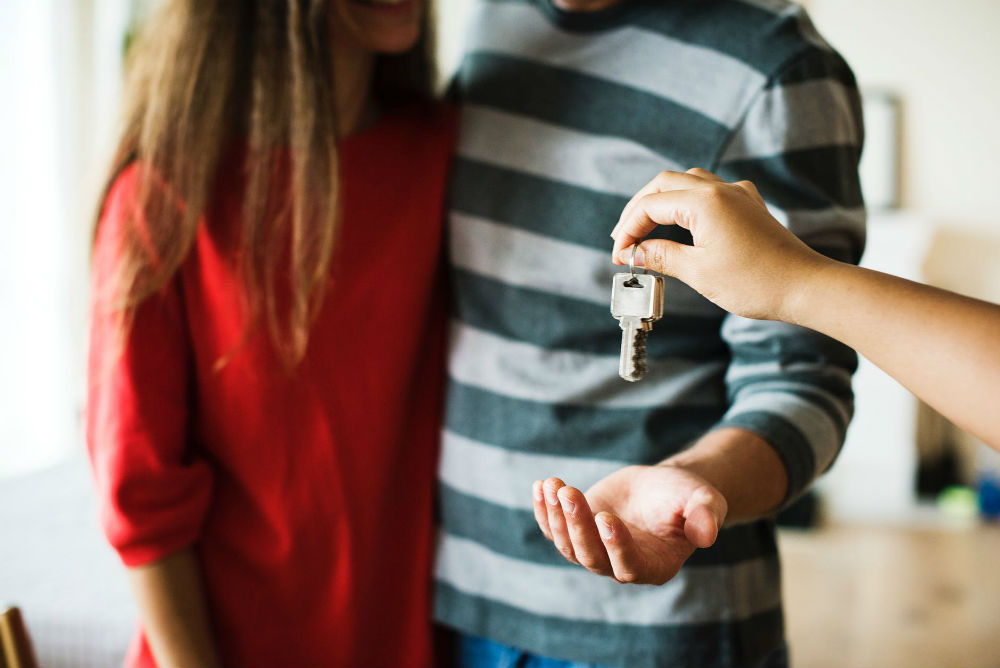
If you are looking to finance a property using a mortgage loan, most lenders will require you to pay a down payment in one lump sum upfront. This acts as some type of guarantee to the lender that you are really committed to getting the property and paying off the loan later on. While a mortgage deposit can be as low as 5% of the property’s value, having a higher deposit of about 20% could help you get the best mortgage rates. Saving up for a house deposit is not easy, especially with all other financial responsibilities you may have. Here are some suggestions to get you started:
Weigh Up Your Options
There are a number of ways you could get help with your mortgage deposit. You can buy a property with friends and family; just ensure you work through what happens in case someone wants to sell their share in the future. A second option is to consider a shared ownership scheme, which lets you buy part of the property and rent the rest. This reduces your mortgage size and the deposit as well. You can also borrow from the bank of your parents. Parents can do so with informal loans, cash gifts, or go for more formal arrangements with your lender to act as a guarantor or provide part of the deposit.
If you have a bad credit history, it may be best to seek the advice of a specialist broker. Click here for more information.
Work Out How Much To Save Each Month
Now that you have a better idea of how much mortgage deposit you need to raise, it’s time to make a plan to reach that goal. Take a look at your finances and, depending on your time frame, determine how much you can afford to put away every month. If you are saving over a long period of time, note that your income and expenses might change. If you are buying property in order to let it out to tenants, keep in mind that buy-to-let-mortgages require a bigger deposit than standard ones for owner-occupied property.
Find Your Ideal Savings Account
You first need to set up a separate savings account for a down payment, to avoid spending money on something else. Get one with a high interest rate to help your savings grow. Most banks offer a higher interest rate if you commit to locking the money for a given period of time. Alternatively, consider opening a Lifetime ISA or a Help to Buy ISA account, both of which are specifically designed to help homebuyers save for a house. Read the fine print to know of any charges or restrictions attached to your account. And, review your account yearly to ensure you are getting the best possible interest rate.
Get Started On Your Savings
Enough talk; let’s get to the actual saving. The first step to saving money for a house deposit is to budget wisely so as to reduce monthly expenses. Take time to assess your earnings and regular expenses to find areas to cut back. For instance, cut the cost of your current rent by downsizing or becoming a property guardian. Alternatively, you could stop renting altogether and move back in with your parents. Reducing your spending may be a bit harder to accomplish with such hard economic times. The next step is to find ways to make more money like selling your stuff online or renting out extra space.
